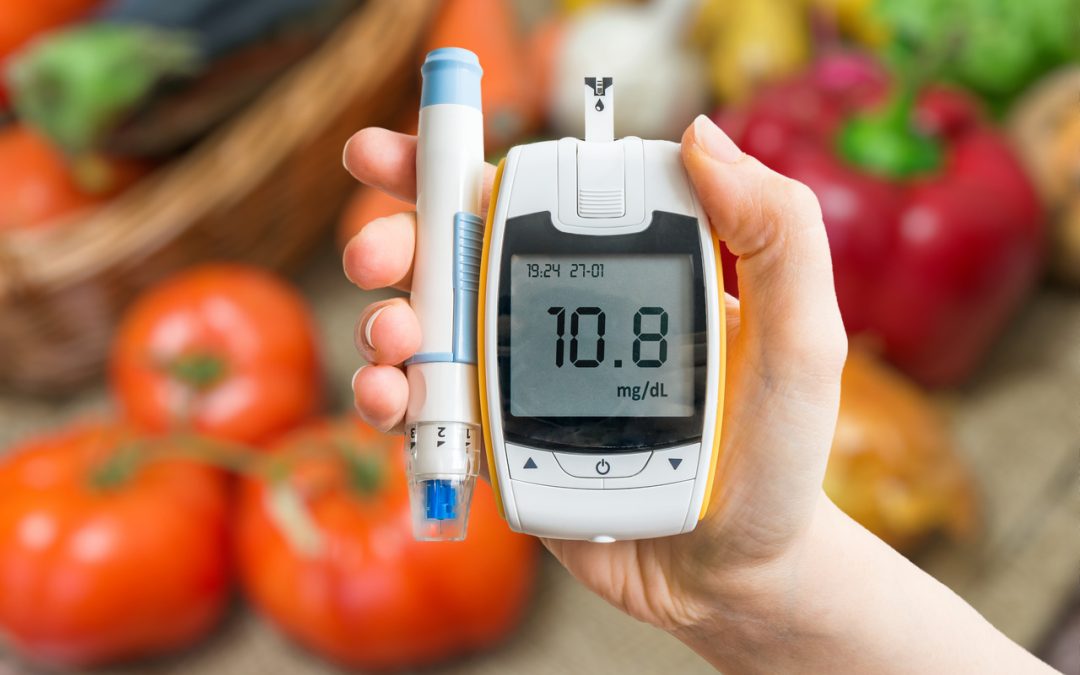
by admin | Dec 6, 2022 | Diabetes
“No, I cannot eat that. I have sugar” is a general statement that we come across in our daily lives. Having sugar in the blood is normal. However, when the blood sugar levels are not in balance, it becomes a cause of concern. This imbalance of blood glucose levels is...
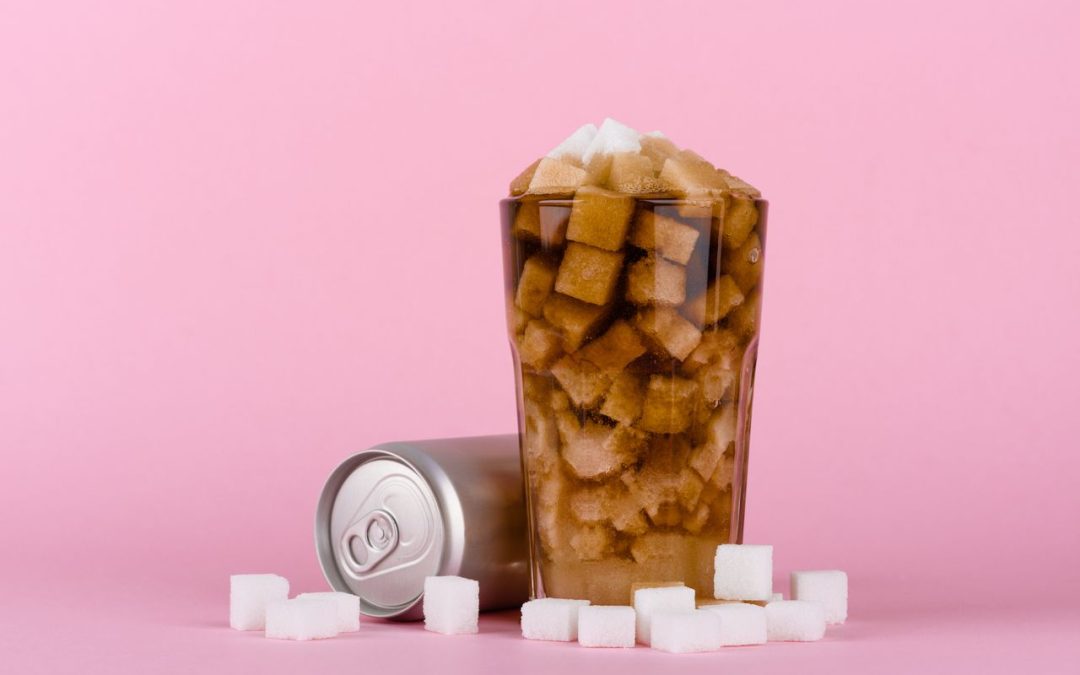
by admin | Dec 6, 2022 | Diabetes
People’s quest for beverages like soda, energy drinks, diet soda, sweetened or unsweetened fruit juice, and cold drinks increases during the summer season. Consequently, the search for healthy beverages and the pros and cons of having any favourite drink increases....
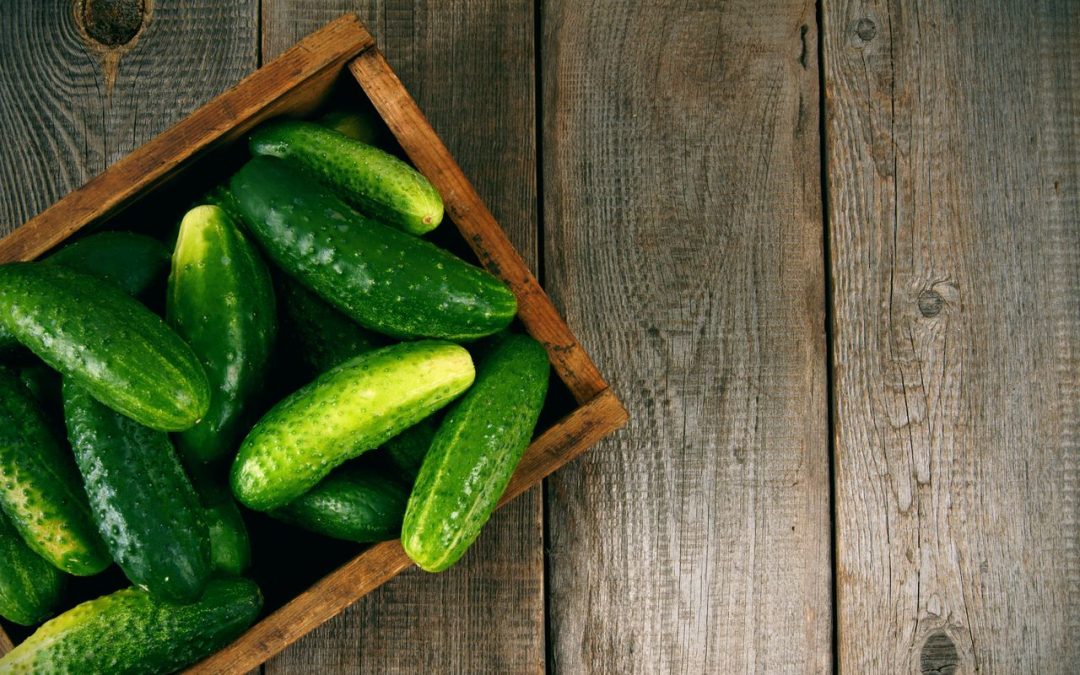
by admin | Dec 6, 2022 | Diabetes
Diabetes is a common problem among people. The most common symptom is persistently high blood sugar levels. People with diabetes should consume foods with a low glycemic index and low carb density. The glycemic index is a food rating system based on carbohydrates in...
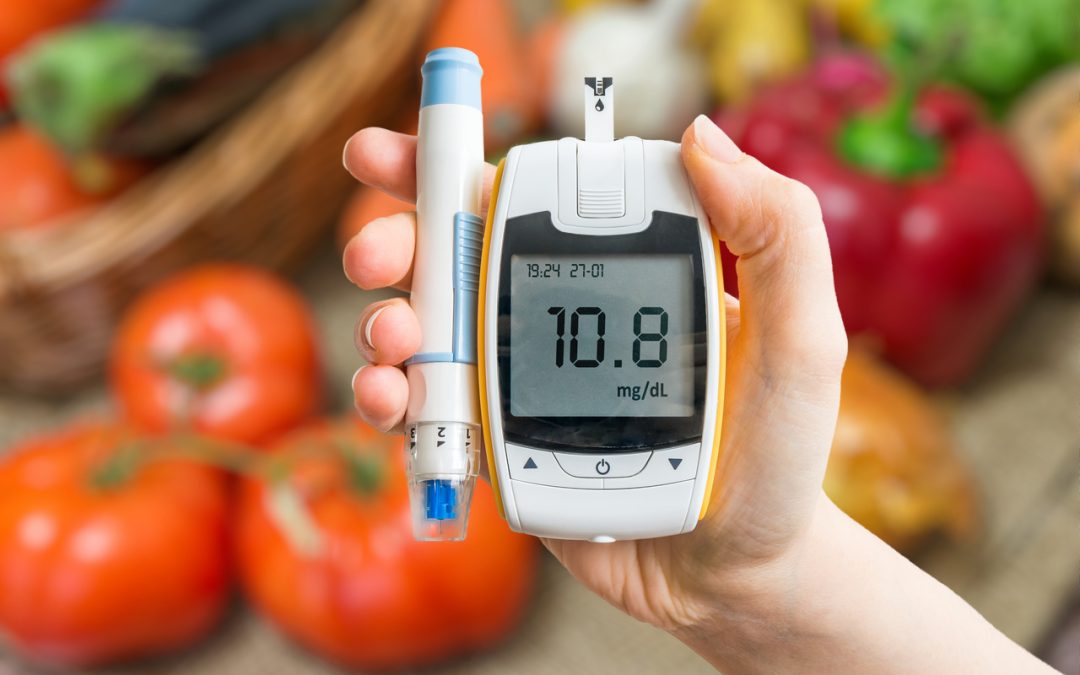
by admin | Dec 5, 2022 | Diabetes
Most diabetics are wary of eating fruits regularly, which is understandable since most fruits taste sweet. However, this is a misconception. All varieties of fruits can be a healthy part of a balanced diet, irrespective of the diabetes type. Although fruits are higher...
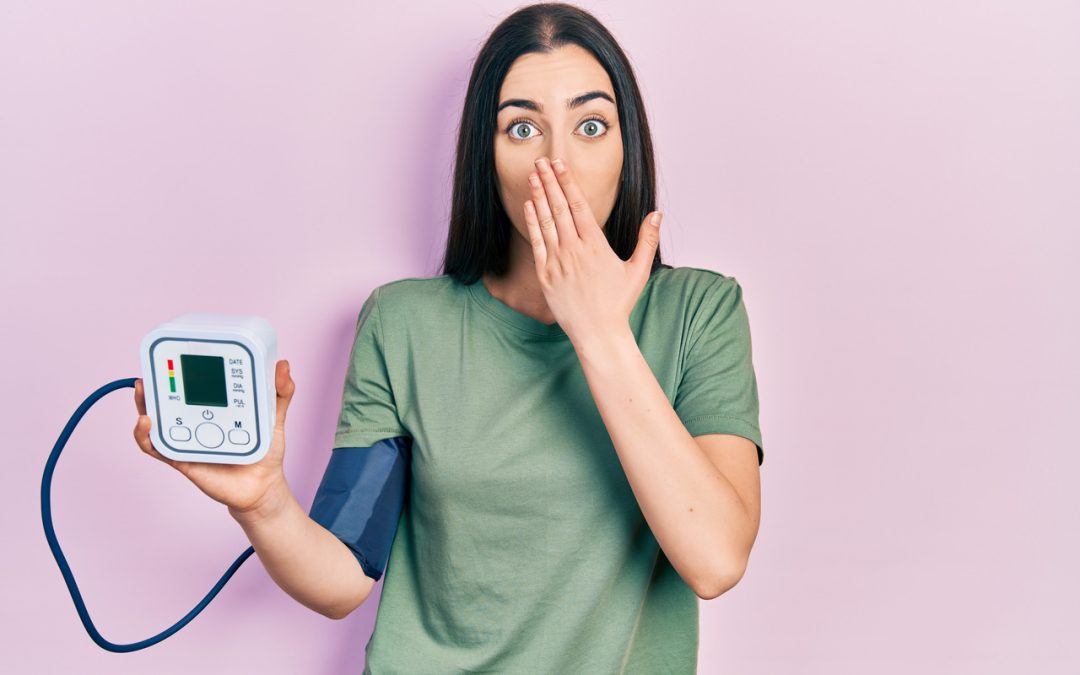
by admin | Dec 5, 2022 | Diabetes
Diabetes is a long-term (chronic) illness that affects how your body converts food into energy. Your body converts most of the food you consume into sugar (glucose), which then releases into your bloodstream. Your pancreas releases insulin when your blood sugar levels...
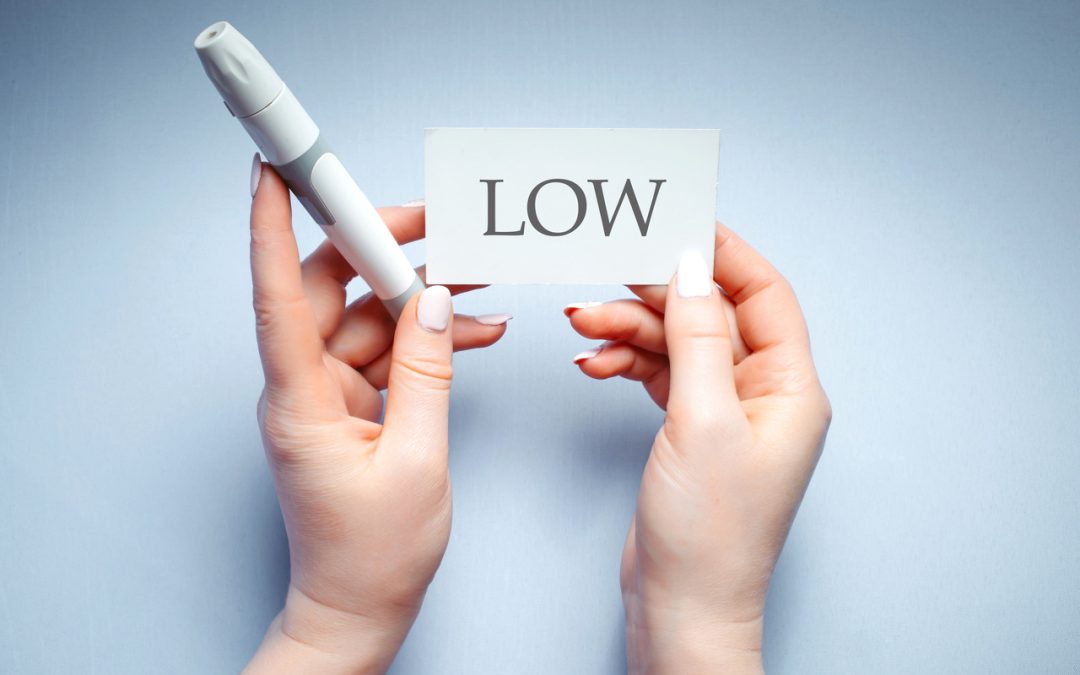
by admin | Dec 4, 2022 | Diabetes
Blood sugar, or glucose, is the primary type of sugar found in your blood. The main source of sugars is a carbohydrate available in various foods. Generally, 80 to 99 mg/dl of blood sugar before a meal and 80 to 140 mg/dl after a meal are considered normal. When blood...







